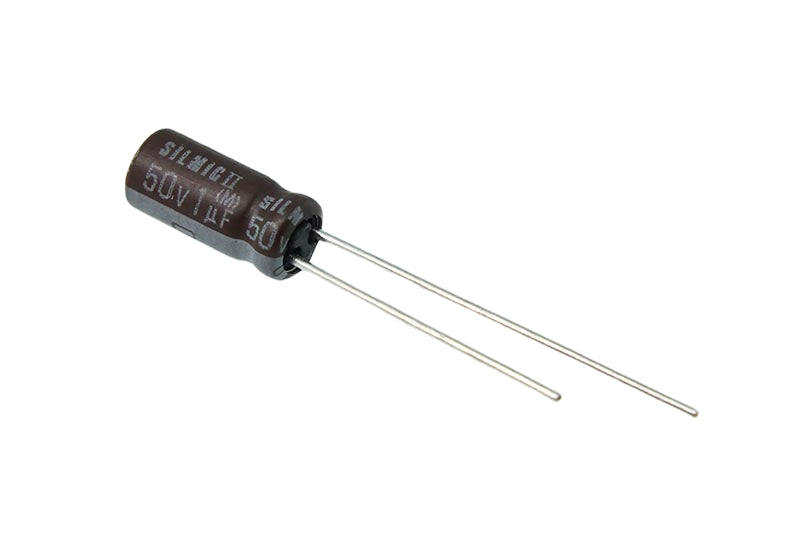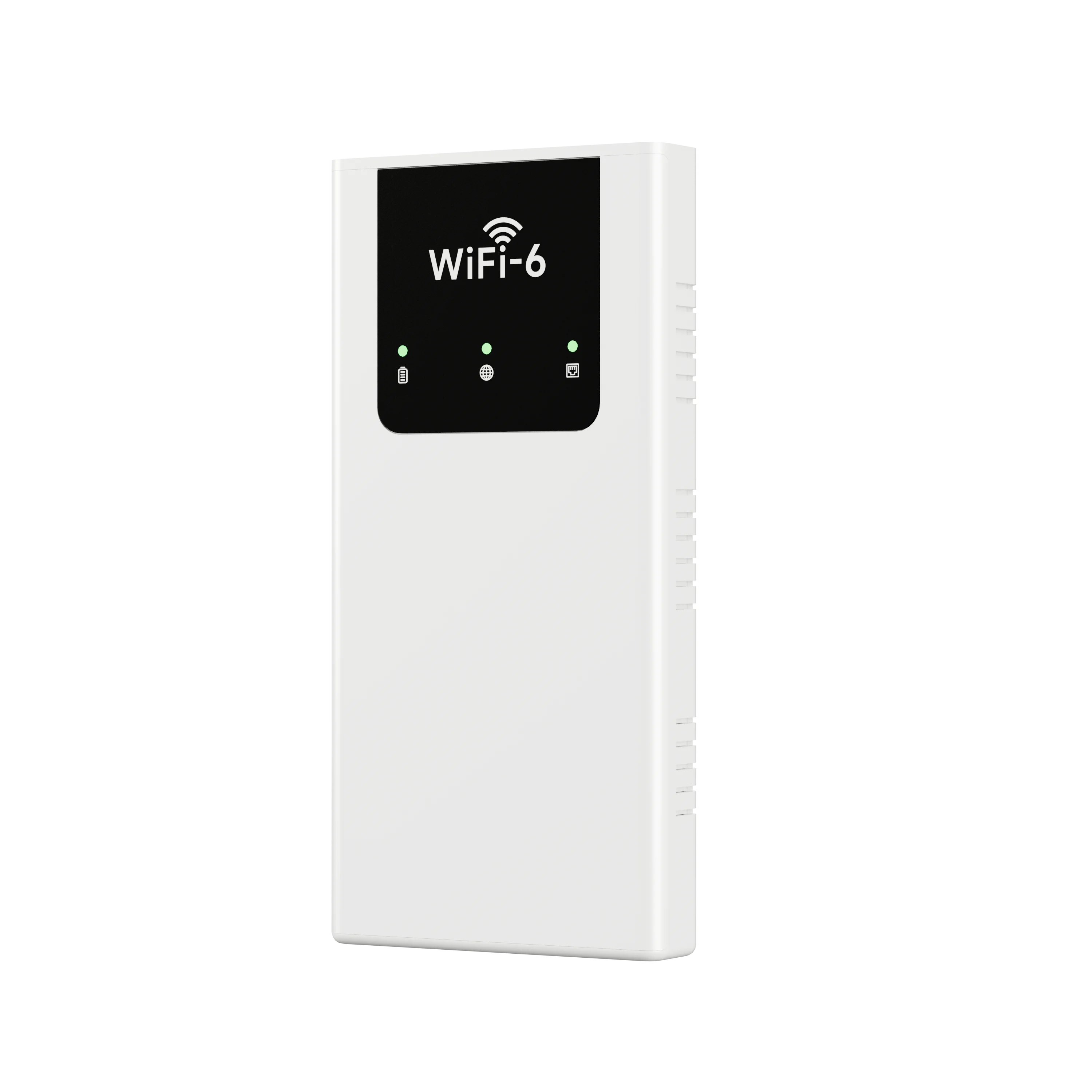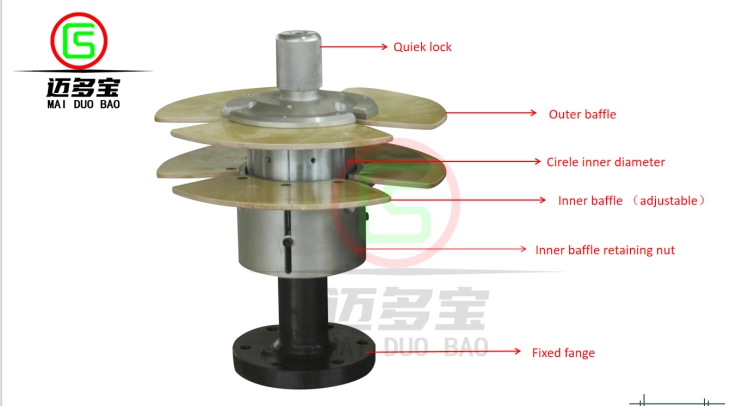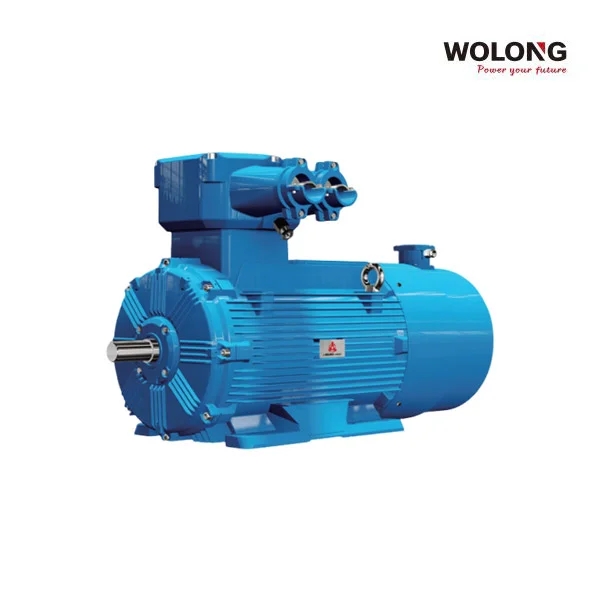
In the realm of electrical engineering, capacitors play a pivotal role in alternating current (AC) systems. These small yet powerful devices are often overlooked, but their significance cannot be overstated. In this article, we will delve into the reasons why capacitors are used in AC systems, exploring their functions, benefits, and the impact they have on the overall performance of electrical circuits.
- Energy Storage and Power Factor Correction:
One of the primary reasons capacitors are utilized in AC systems is their ability to store electrical energy. When connected in parallel with an AC power source, capacitors charge and discharge, effectively storing and releasing energy as needed. This energy storage feature is particularly useful in applications where sudden surges or fluctuations in power demand occur, such as in motor starting or power factor correction.
Power factor correction is a crucial aspect of efficient power utilization. Capacitors are employed to offset the reactive power component of the load, thereby improving the power factor. By doing so, capacitors help reduce energy losses, enhance system efficiency, and minimize utility costs.
- Voltage Regulation and Filtering:
Capacitors also contribute to voltage regulation in AC systems. They act as voltage stabilizers by smoothing out voltage fluctuations and reducing ripple effects. This is especially important in sensitive electronic devices that require a steady and reliable power supply. Capacitors achieve this by absorbing and releasing energy during periods of high or low voltage, ensuring a more consistent output.
Furthermore, capacitors are utilized in AC filters to suppress unwanted noise and harmonics. By selectively allowing certain frequencies to pass through while attenuating others, capacitors help maintain a clean and stable power supply, preventing interference and ensuring optimal performance of connected equipment.
- Motor Run and Start Capacitors:
AC motors often require additional assistance during startup and operation. Capacitors are employed in motor run and start circuits to provide the necessary boost and phase shift required for smooth motor operation. Start capacitors provide an initial jolt of power to overcome inertia and initiate motor rotation, while run capacitors help maintain a steady torque and prevent motor stalling.
These capacitors are carefully selected based on motor specifications, ensuring proper motor performance, reduced power consumption, and extended motor lifespan.
- Reactive Power Compensation and Power Quality Improvement:
In AC systems, reactive power arises due to the presence of inductive or capacitive loads. Capacitors are extensively used for reactive power compensation, counteracting the inductive reactive power and improving power factor. This compensation not only enhances system efficiency but also reduces line losses and voltage drops, resulting in improved power quality.
Conclusion:
Capacitors are indispensable components in AC systems, serving a multitude of purposes ranging from energy storage and power factor correction to voltage regulation and motor operation. Their ability to store and release electrical energy, along with their role in reactive power compensation, makes them vital for ensuring efficient and reliable electrical power distribution.




